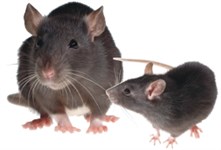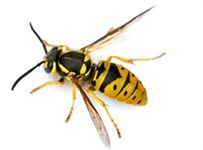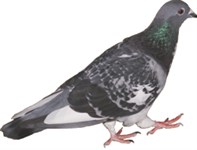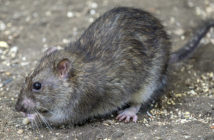Preliminary results from the National UK Pest Management Survey 2018 show that optimism about the future continues to be high among UK pest professionals.
For the past eight years Pest has surveyed pest professionals at the sharp end; that’s owners, managers, technicians and field biologists in pest control companies, self-employed pest controllers and local authority pest control unit managers and technicians.
Just over three-quarters (76%) of respondents see the prospects for the next 12 months as being ‘Very good’ or ‘Good’ with 74% also expressing a positive 5-year outlook. The proportion of gloomy respondents was the lowest since the survey began.
 |
The future may be bright, but structural change is also evident and the industry continues to evolve. Today there are fewer local authority pest controllers and more self-employed pest professionals and a higher proportion of local authorities focussing on commercial clients than in the past.
The commercial performance of both companies and self-employed businesses is a mixed bag although some segments are emerging and some key commercial success factors are becoming apparent. More on this once the results have been fully analysed.
For the first time this year we asked about trade association and BASIS Prompt membership. We found that 77% of respondents are members of at least one of the British Pest Control Association or the National Pest Technicians Association and that around two thirds are on the BASIS Prompt professional register.
Encouragingly nearly half of the respondents received formal training in the last year.

Rodent control still takes up over 50% of time |
|

Wasps remain the most important insect in terms of time spent |
When it comes to pest management activities rodent control is still the largest element (at 55% of time spent) and still growing. Bed bugs and birds are increasing in importance for many, whilst all other pests are quite stable in terms of importance.
Insect work takes 29% of controller’s time, including wasps (12%), bed bugs (5%), ants (5%) and cockroaches (4%). Bird management takes 6% of the time.
Readers may recall that for the 2018 survey Pest teamed up with market research specialists, Research Engine, who will be contributing to our report on the survey findings in the next edition of Pest magazine, which will be published in mid-July.




